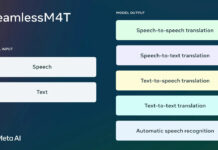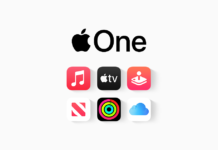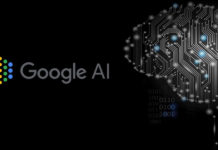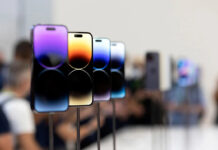Google announced today that it has licensed its AI research model for breast cancer screening to medical technology company iCAD. This is the first time Google is licensing the technology, with the hopes that it will eventually lead to more accurate breast cancer detection and risk assessment.
The two organizations expect to ultimately convey the innovation in certifiable clinical settings — focusing on a “2024 delivery,” Google correspondences supervisor Nicole Linton told The Edge in an email. Business send, in any case, actually relies on how fruitful proceeded with exploration and testing are. “We will move purposely and test things as we go,” Linton said in the email.
iCAD plans to integrate Google’s mammography man-made intelligence research model into iCAD’s current devices. The first is its “Significant artificial intelligence” apparatus that breaks down pictures from computerized bosom tomosynthesis (DBT), a high-level imaging method now and again called “3D mammography.”
Also Read: Does Google AI beat doctors at breast cancer detection?
The instrument examines DBT pictures to search for dangerous delicate tissue densities and calcifications. iCAD likewise plans to utilize Google’s model with its gamble assessment apparatus, which the organization says gives customized bosom disease risk assessment custom-made to every individual.
Google says it is likewise working with the UK’s Public Wellbeing Administration (NHS) and Magnificent School London to check whether its computer-based intelligence innovation can fill in as a “second free peruser” in twofold perusing mammograms to “permit radiologists to zero in on high-need cases while further developing consistency and nature of screening.”















































